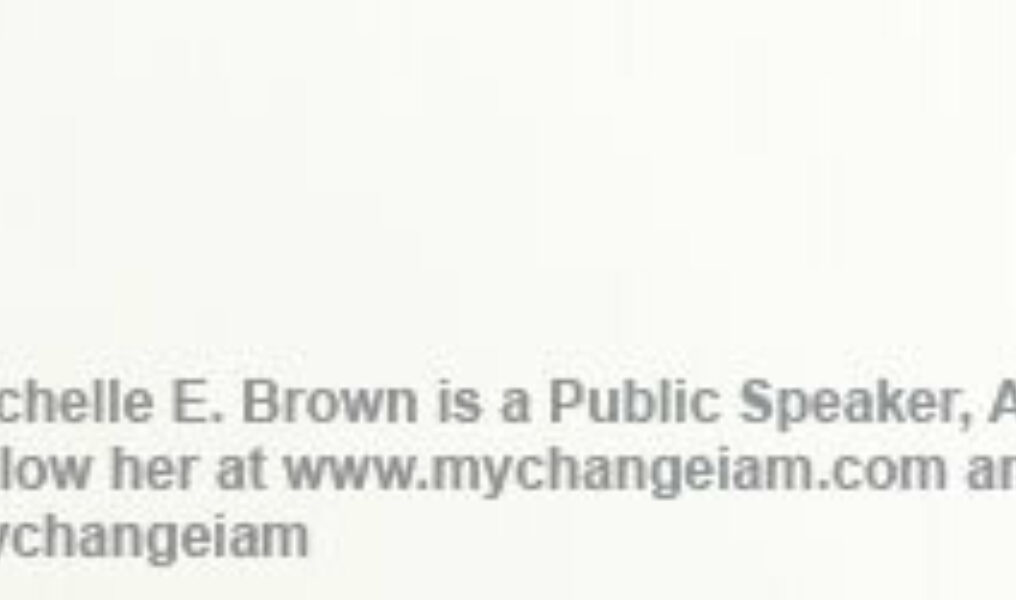
Viewpoint
It would be easy to go all in on the outcome of the George Zimmerman trial for the murder of Trayvon Martin – you know that NOT Guilty verdict – from the obvious perspective of race. Here was a young African American teenager – no angel, but then what teenager is – returning home from the store who was profiled, stalked and murdered.
He was guilty of no crime, but in a society gone mad, high on a steroid of suspicion, hatred and fear of the "other" (no matter what that other might be), being young, black wearing a hoodie, Trayvon Martin was found guilty of being that OTHER and met the harshest punishment – death by execution. Then, in an even greater diabolical twist, was put on trial for his own murder. It was reminiscent of rape trials where the victim's actions and/or past are used to exonerate the rapists.
I could leave it at race. I have a son – an African American son – with whom I had to have that talk. The talk not only about being safe in general, but about being especially vigilant in places where he would be seen as the "other," a suspect just because of his black skin where he would be considered GUILTY, hopefully until proven innocent, but even despite the evidence proving him innocent.
As an African American woman, my parents had that talk with me. I have been followed silently about in stores or an over-abundance of sales personnel asking every two seconds, "Can I Help You?" I have foregone invitations in unfamiliar neighborhoods, especially at night, where being a lone black woman might put me at risk from random strangers and law enforcement officers.
Remember Harvard Professor Henry Louis Gates, one of the nation's pre-eminent African-American scholars, arrested at his home by Cambridge, MA police. He wasn't wearing a hoodie!
Outraged by the verdict?? We all should be outraged because there was no justice for Trayvon. Dr. King said "Justice denied anywhere diminishes justice everywhere."
There was no justice for Trayvon, but to focus solely on this case, outside of the greater context of injustice and victimization in America, would be as unfair as Zimmerman's acquittal based on self-defense, ignoring his intentions/actions that precipitated those final deadly moments.
Trayvon lost his life at the hands of George Zimmerman, but everyday young people – African American, Latino, and Transgender, male and female – are victims of violence in their communities, sometimes perpetrated by their peers. They have little hope in our judicial and economic system. They have been marginalized and disenfranchised. We have let them down.
Everyday Americans of all ethnicities, races, genders experience poverty, hunger and lack of opportunities denying them access to basic human rights, let alone that elusive American dream. One of the most disturbing trends in this country is the rise of extreme wealth and income inequality. America has become the country of the wealthy 1 percent vs. the struggling 99 percent.
Everyday women struggle to provide for families on wages below their male counterparts. Women are seeing access to basic health and reproductive care (which are more than social justice, but also economic issues to women) under attack and stripped away putting not only themselves, but their children at risk.
Seventy-four percent of Americans are not aware that women do not constitutionally have equal rights. The Equal Rights Amendment was never ratified into the U.S. Constitution and considering the recent gutting of the Voting Rights Act by the Supreme Court, a dark cloud hangs over the future of women and their daughters.
And let's talk about the gutting of the Voting Rights Act. We've always been told that the road to equality passed through the voting booth. With the Supreme Court's decision gutting section 4 of the Voting Rights Act, it opens the door to challenges, redistricting and other actions that will further marginalize voters who have been traditionally under represented and disenfranchised.
Philosopher and activist Grace Lee Boggs wrote in the Michigan Citizen, "I believe the question of justice for Trayvon Martin is one of the most profound and challenging questions our country now faces." She added, "But justice for Trayvon Martin goes beyond a new trial. It requires that we accept the challenge and responsibility for creating a society in which there are no 'outsiders.'"
We have shed our collective tears for Trayvon Martin and the unbearable loss his family has experienced. We have expressed our outrage on social media, signing petitions for involvement by the Department of Justice and civil rights charges. We have marched in cities across the country demanding justice for Trayvon. But we have the opportunity to do so much more.
The summer of 2013 will forever be a period where I look back at significant "where were you?" moments happening separately, but at the same time impacting how we as a community and society, vis-a-vis our intentional and non-intentional actions, dole out the inalienable rights of life, liberty and the pursuit of happiness we all hold so dear.
In seeking justice for Trayvon let's begin intentional conversations, intentional actions for creating a community in which there are no outsiders – a beloved community.










